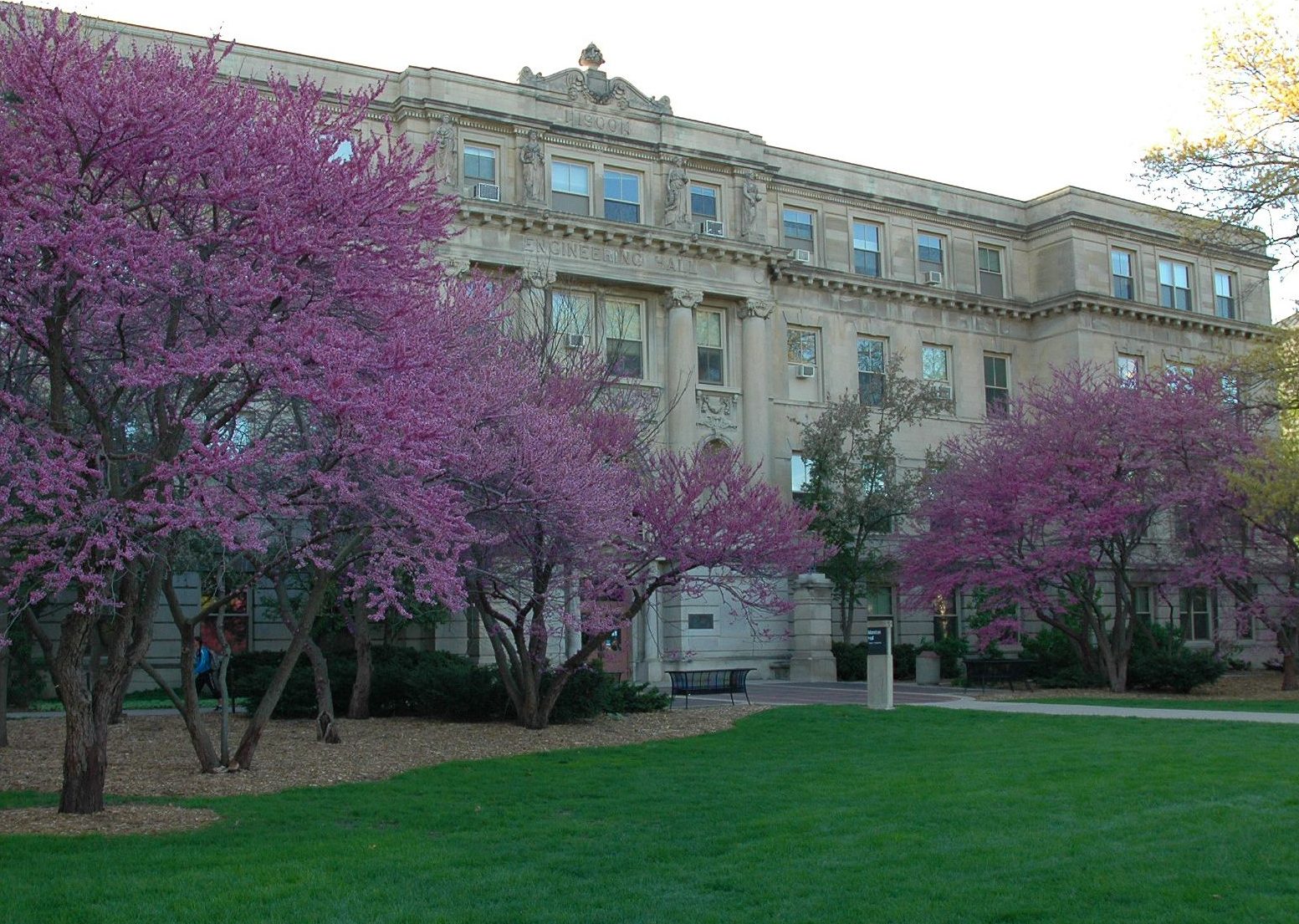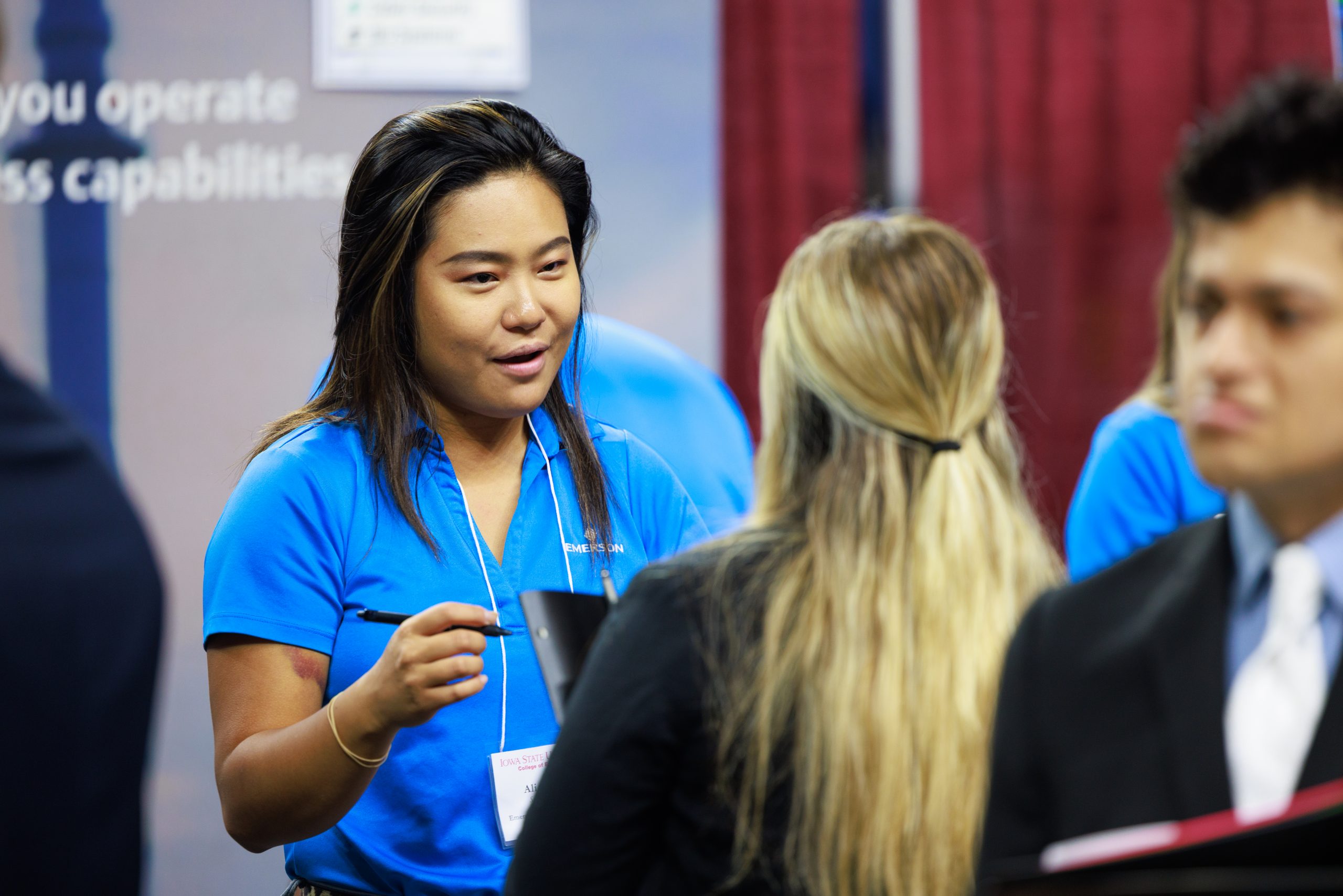Connecting Students with Employers
Not only do we help students prepare for employment, but we also work very hard to help students and graduates connect with employers. Employers recruit heavily at ISU and this provides our students a significant advantage in the job search process. The employment process is largely about networking; while at ISU, students have many opportunities to meet with employers and build professional relationships that lead to full-time employment at graduation.


